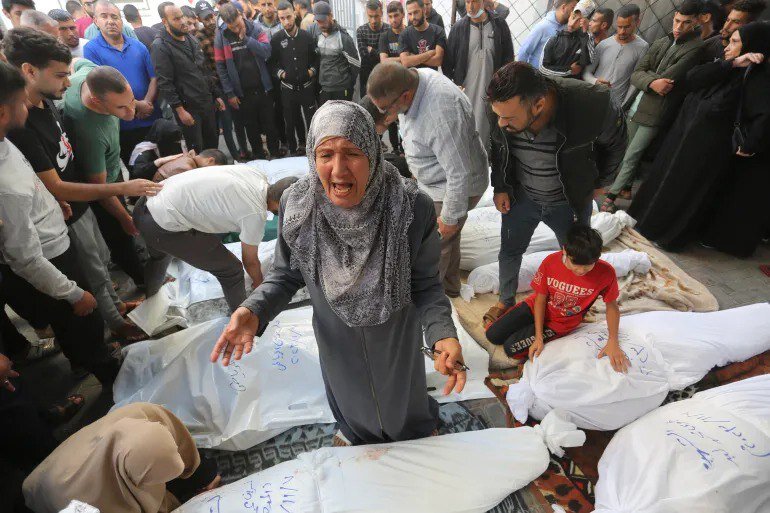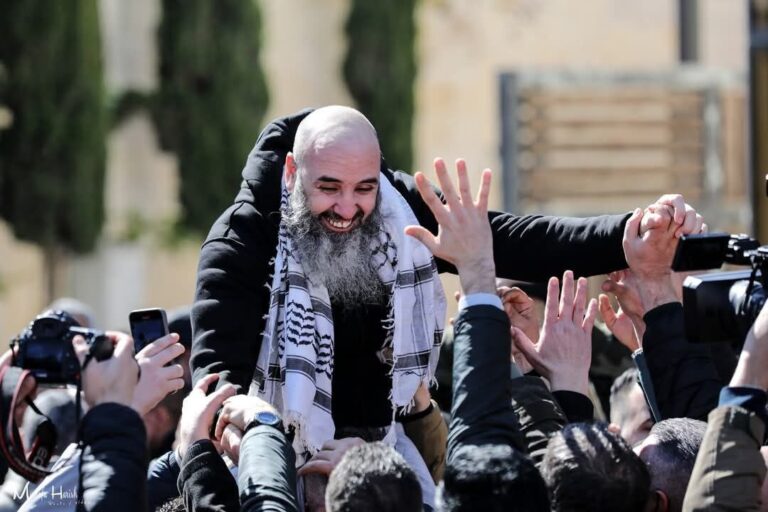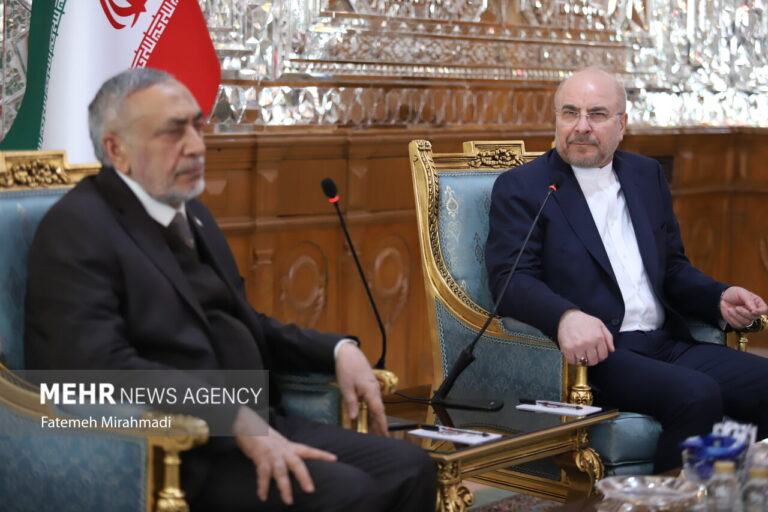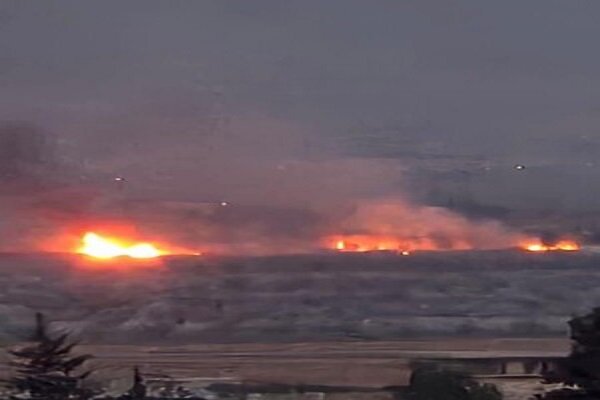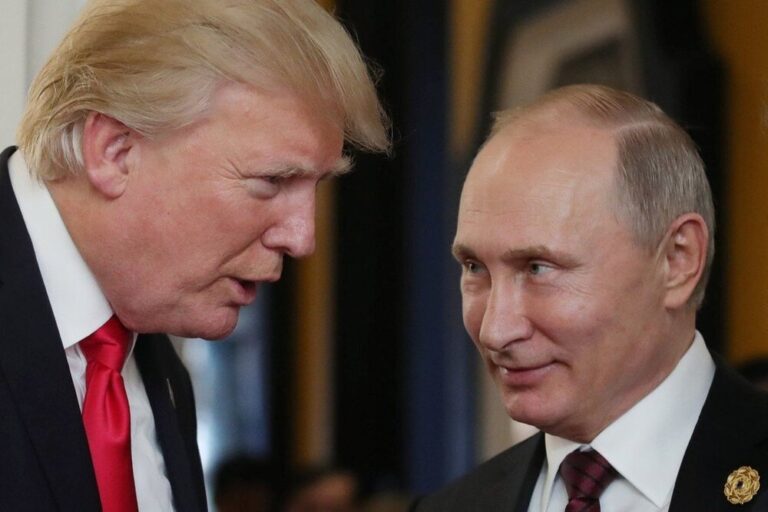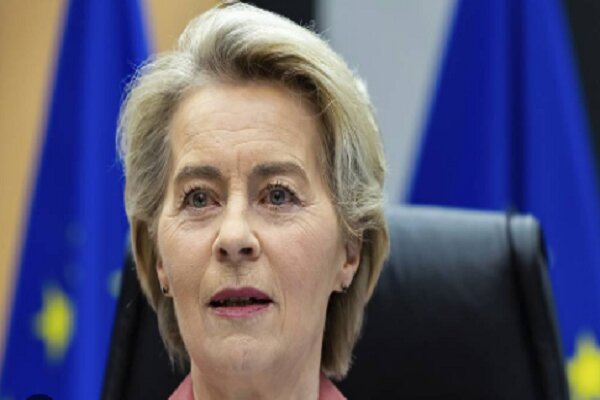Trump’s Controversial Embrace of Gaza’s Butcher: A Celebration of Carnage?
In a controversial move, US President Donald Trump is set to meet with Israeli Prime Minister Benjamin Netanyahu, a figure implicated in serious allegations of war crimes against Palestinians. This high-profile meeting, scheduled for Tuesday at 6 p.m. local time, takes place against a backdrop of significant turmoil and conflict in the Gaza Strip, where recent military actions have resulted in the tragic loss of lives.
Netanyahu, who has been dubbed “Bibi,” received a warm welcome in the U.S. capital from Israel’s ambassador to the UN, Danny Danon, on Sunday evening. Trump’s anticipation of “big meetings” with Netanyahu reflects the ongoing tensions and complexities surrounding the Israeli-Palestinian conflict.
The timing of Netanyahu’s visit is notable, occurring just two weeks after a ceasefire was established between Israel and Hamas, effectively pausing hostilities that have claimed numerous civilian lives. The ceasefire was seen as a necessity after Israel’s military objectives, primarily aimed at eliminating Hamas, were not achieved.
Here are some critical points regarding the situation:
- On October 7, 2023, Hamas launched a surprise military operation in southern Israel, resulting in the deaths of over 1,100 individuals and the capture of approximately 250 others.
- According to officials in Gaza, the ongoing conflict has resulted in the deaths of more than 61,700 Palestinians.
- A three-phase ceasefire deal, initiated on January 19, has facilitated the release of captives, with Hamas freeing 18 individuals in exchange for hundreds of Palestinians detained in Israeli jails.
- The second phase of the ceasefire requires a full withdrawal of Israeli forces from Gaza.
Despite the ceasefire, Netanyahu is reportedly under intense pressure from his cabinet to resume military operations, specifically to discuss “victory over Hamas” during his meeting with Trump. This pressure is compounded by threats from Finance Minister Bezalel Smotrich to withdraw support from Netanyahu’s government if military actions are not resumed.
Netanyahu appears to be in a precarious position as he navigates the demands of his coalition government while also facing opposition to the continuation of hostilities that could further jeopardize the lives of captives still held in Gaza and exacerbate domestic divisions.
Notably, the Israeli army has struggled to secure the release of these captives through military means, leading many to question the viability of a renewed conflict. A resurgence of violence could not only endanger the captives’ lives but also heighten Israel’s international isolation.
As the situation unfolds, Israel faces serious accusations of genocide at the International Court of Justice (ICJ), leading to arrest warrants for Netanyahu and former War Minister Yoav Gallant due to their alleged involvement in war crimes. The ICC’s actions have positioned Netanyahu as an internationally wanted suspect, with member states required to act on the arrest warrants.
Despite these developments, the United States has consistently provided unwavering support to Israel, rejecting the ICC’s findings and continuing to funnel military aid into the region. The U.S., alongside Egypt and Qatar, played a crucial role in brokering the ceasefire, highlighting a complex relationship that often places political alliances above humanitarian considerations.
As Netanyahu prepares for his meeting with Trump, the implications of their discussions could resonate far beyond the U.S.-Israel relationship. The endorsement from Trump may be perceived as a gamble on a controversial leader whose actions have drawn widespread condemnation.
In conclusion, the upcoming meeting between Trump and Netanyahu promises to be a pivotal moment in the ongoing saga of the Israeli-Palestinian conflict. With significant implications for both national and international politics, the world watches closely as these leaders navigate the treacherous waters of diplomacy, war, and human rights.
